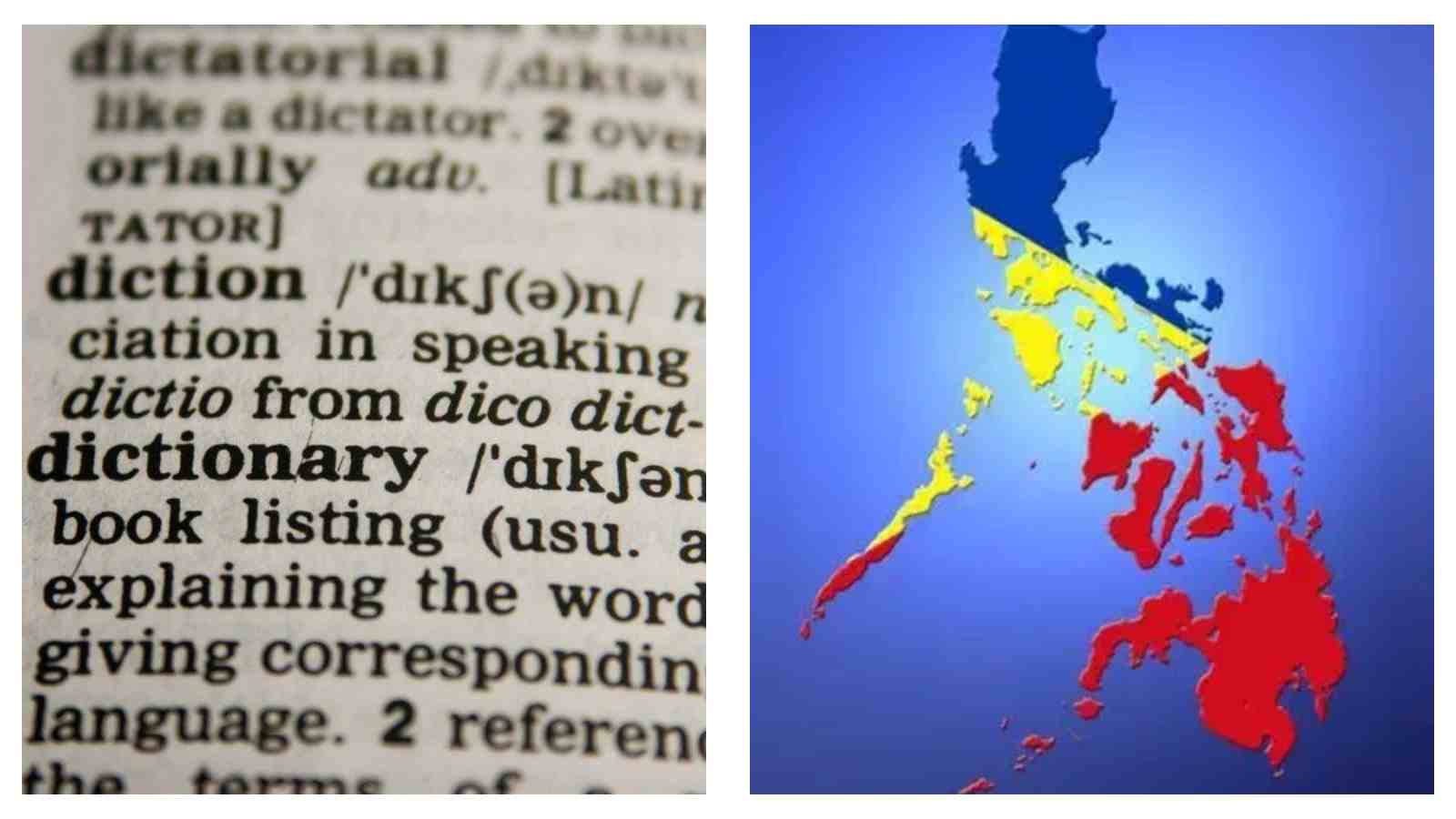By Vivien Bernardino
We’ve all felt it – the sudden, unexplained urge to pinch or squeeze whatever we find unbearably cute, or equally hit something out of annoyance or frustration.
Think of a baby smiling at you or a cat dressed as a superhero on Halloween. Or a stranger spilling coffee on your laptop and acting like nothing happened.
In the Philippines, there’s a word that sums up this feeling – gigil.
Taken from the Tagalog language, gigil is one of the 42 new “untranslatable” words, or those without direct English equivalents, that have been added to the Oxford English Dictionary’s (OED) March 2025 update.
The latest additions to its 600,000-word strong lexicon are from Southeast Asia, South Africa, and Ireland.
“For people who speak English alongside other languages, there is an easy way to fill such a lexical gap – simply borrowing the untranslatable word from another language,” said Danica Salazar, OED’s executive editor.
“Sometimes, they do this with enough frequency that the borrowed word eventually becomes part of the vocabulary of their variety of English.”
Define gigil
As a noun, gigil is defined as “an intense feeling caused by anger, eagerness, or the pleasure of seeing someone or something cute or adorable, typically physically manifested by the tight clenching of hands, gritting of the teeth, trembling of the body, or the pinching or squeezing of the person or thing causing this emotion.”
The word can also be used as an adjective to describe the person experiencing it.
“So, if a Filipino says they’re gigil, they’re just dealing with overwhelming feelings (usually positive),” according to Salazar.
ALSO ON NJN: Banh Mi Festival celebrates Vietnam’s culinary icon

Party staples lumpia, videoke also make the cut
Apart from gigil, Oxford has added 10 more words from the Philippines to its latest update.
These include lumpia, a fried spring roll filled with minced meat, seafood, or vegetables; videoke, a popular form of entertainment in bars and parties where people sing “to the accompaniment of a pre-recorded backing tape while following the lyrics which appear on a screen in time with the music”; and salakot, a wide-brimmed, lightweight traditional hat.
Also joining the list are kababayan, a muffin-like bread shaped like a salakot; and sando, a sleeveless garment worn under or instead of a shirt.
Kababayan also refers to a fellow Filipino or someone from the same town or community.
Other Filipino words added to the dictionary are not loanwords, “but idiosyncratic uses of existing English words”, according to Oxford.
These include CR, an abbreviation for “comfort room” or toilet; load, a credit purchased for a mobile phone’s SIM card; and terror, a teacher who is strict, harsh, or demanding.
The OED has also added Pinoy to the list, which describes something related to the Philippines and its people; and Thomasite, which refers to an American teacher in the Philippines during the period of American occupation.
Filipino words that have been included previously in the dictionary are bongga (extravagant), toyo (soy sauce), kilig (romantic excitement), and trapo, short for “traditional politician”.
Trapo is a Spanish loanword for a dirty rag, making it a derogatory term for a politician perceived as belonging to a conventional and corrupt ruling class.
READ NEXT: South African envoy calls his US expulsion “badge of dignity”
